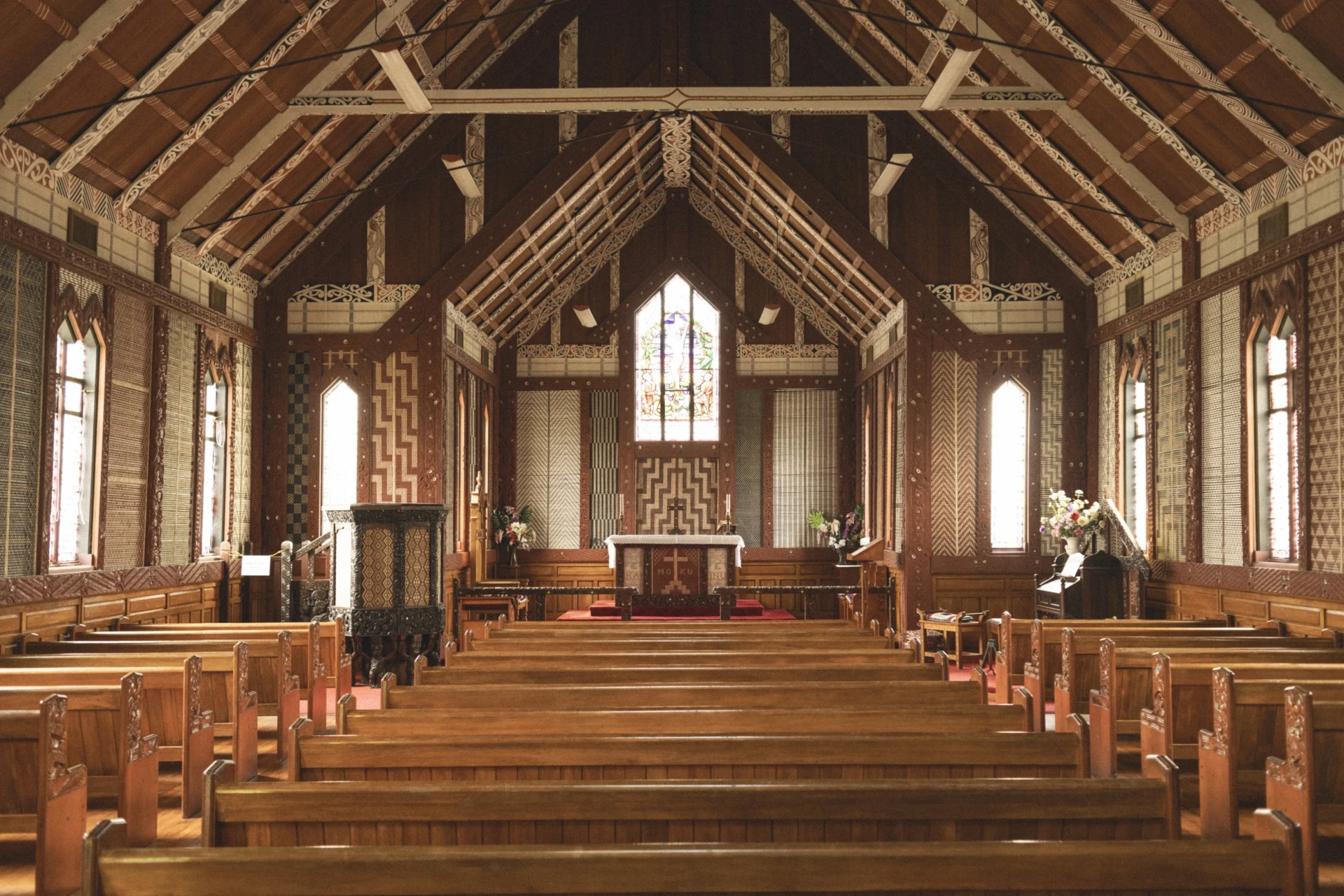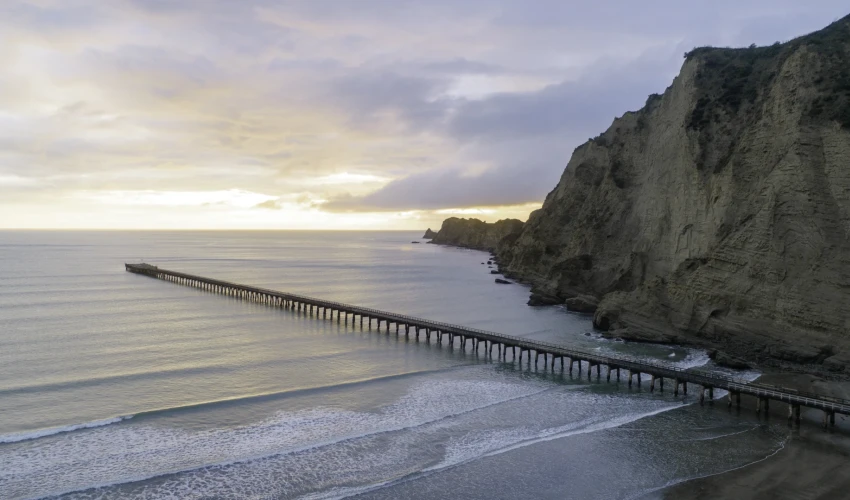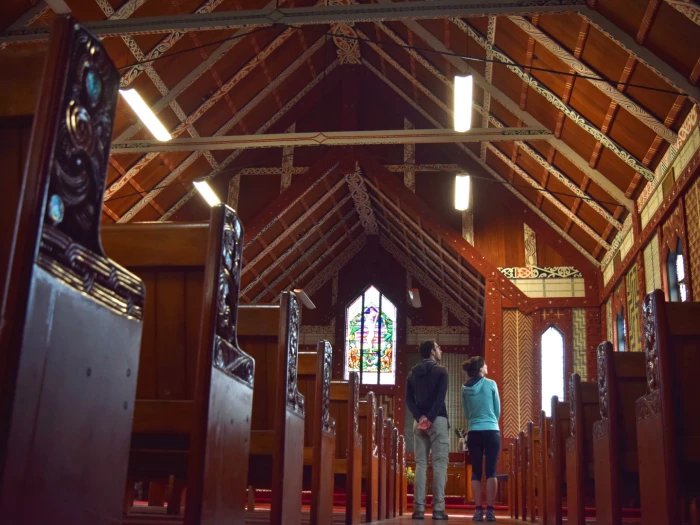
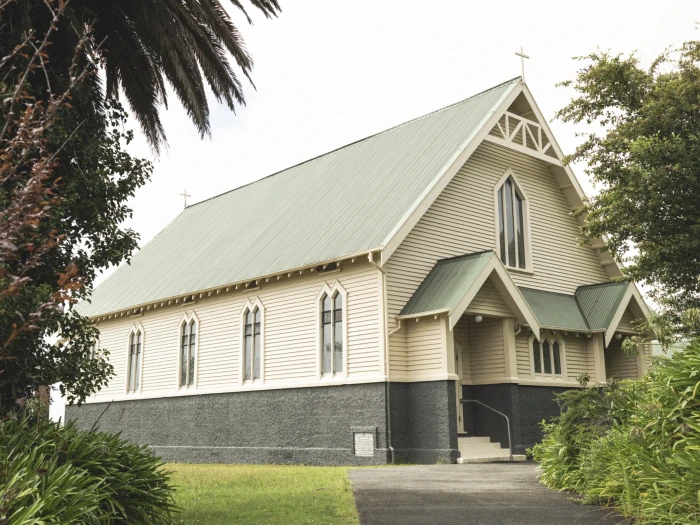
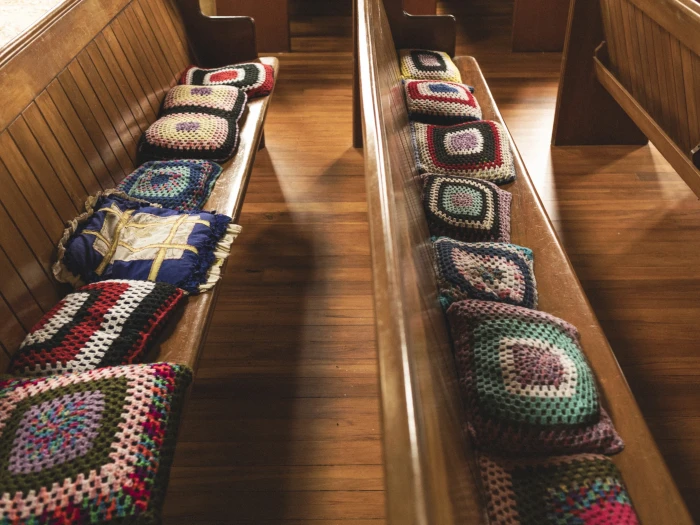
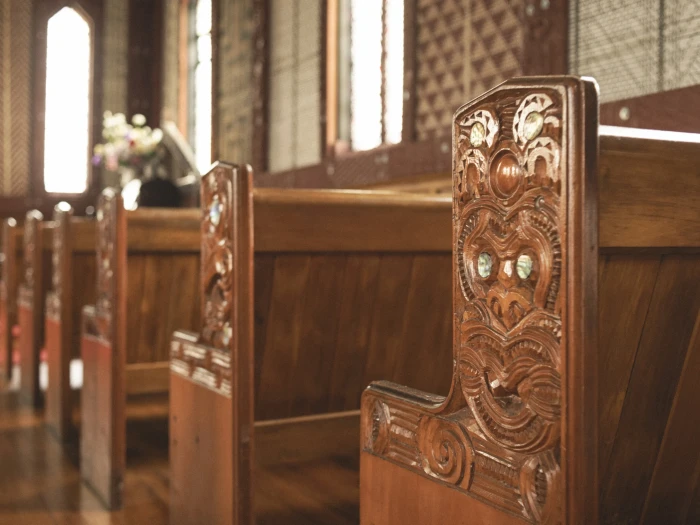
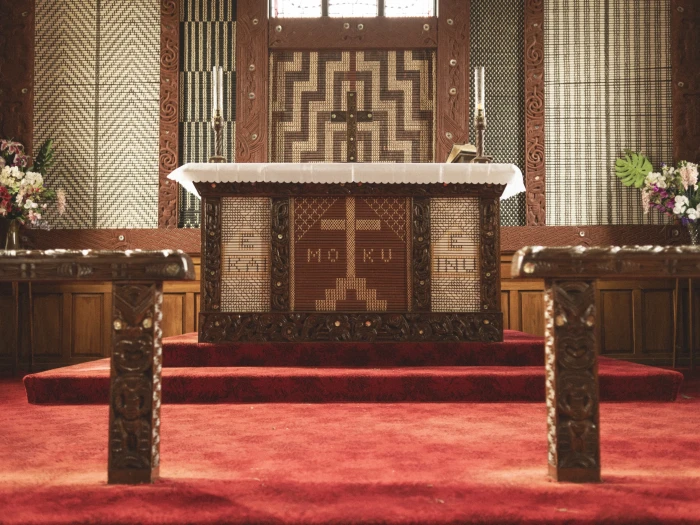
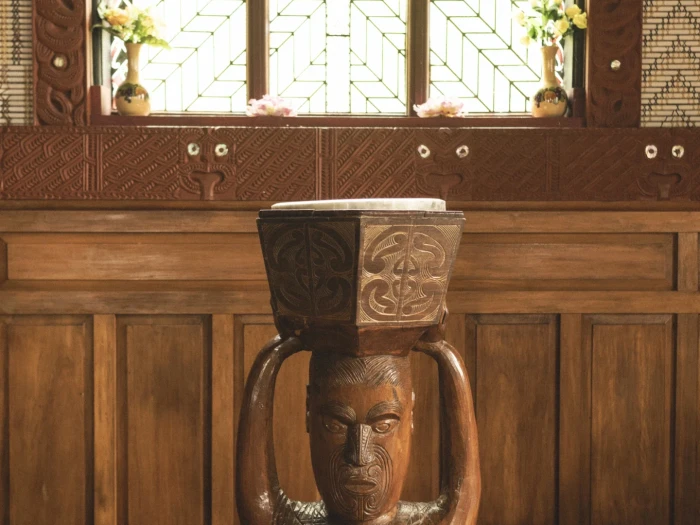
St Mary's was built in the 1920's at the instigation of Ngati Porou leader Sir Āpirana Ngata. An early example of Ngata's efforts to revive traditional Māori arts and crafts. The church has a Māori architectural design and wonderful carvings and tukutuku (woven panels) inside, it is regarded as one of the most beautiful Māori churches in New Zealand.
This is an active place of worship that is also regarded as one of the icons of the entire East Cape journey.
Image credit: NZ PocketGuide
You may also like
Air Ruatoria
Discover Ngāti Porou - Explore with Air Ruatoria
Air Ruatoria offer scenic flights throughout the region and chartered flights to/from Tairāwhiti from other Aotearoa airports.
Come and enjoy our wonderful cultural landscapes, learn about our taonga, our iwi and the place we call “Paradise”.
Nō reira, nau mai haere mai. Discover More
Maunga Hikurangi Te Urunga Tu Sunrise Tour
Maunga Hikurangi is the sacred mountain of the Ngati Porou people, and the first place in the world to see the sunrise. Gain access to our sacred maunga and sacred sites to obtain a unique authentic Maori cultural experience and sunrise. Discover More

